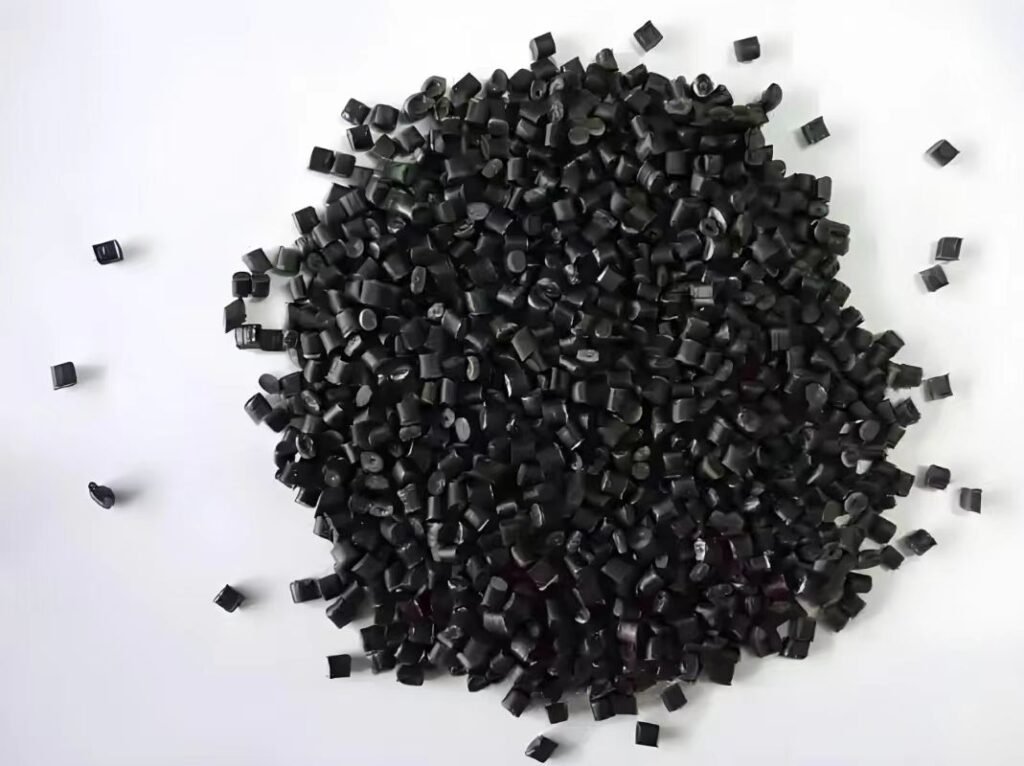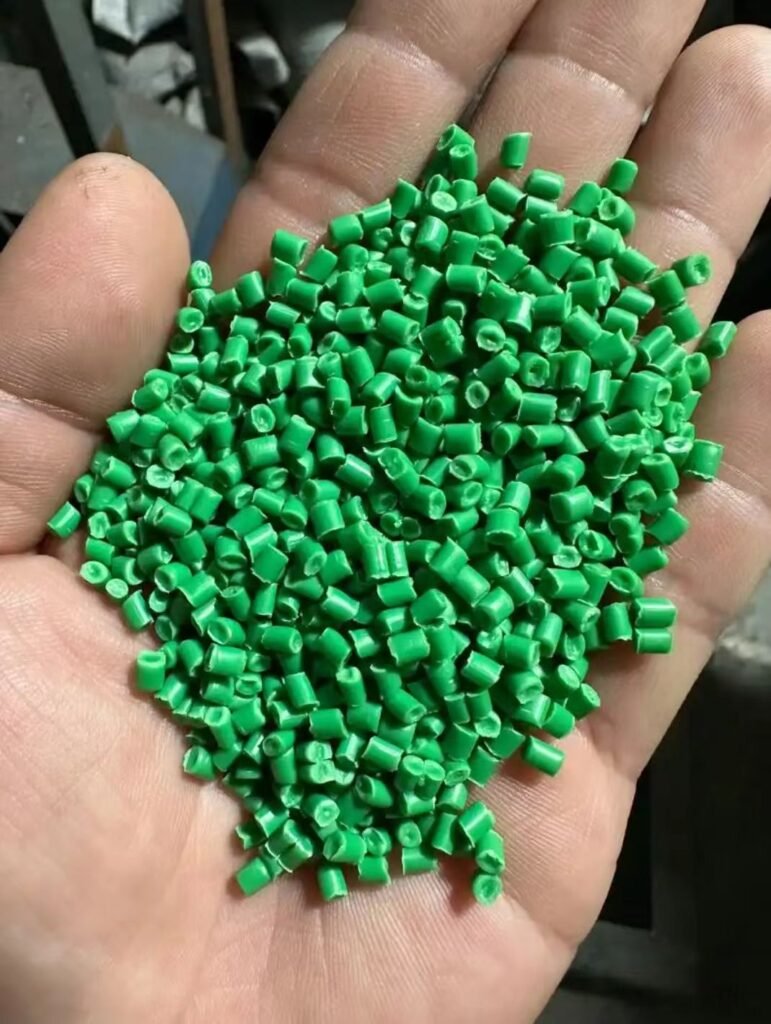Global market explosion: emerging demand and environmental protection upgrade in parallel
The demand for plastic bags in Europe and emerging markets is exploding. According to Alibaba International Station data, the export value of plastic packaging in the first quarter of this year increased by 12.3% year-on-year, far exceeding the growth rate of traditional packaging. Among them, France’s customized plastic bag orders increased by 125% year-on-year, Spain increased by 54%, Saudi Arabia and the United Arab Emirates in the Middle East increased by more than 40%, and Chile and other Latin American countries’ demand for waterproof and portable models increased by more than 70%.
At the same time, environmental standards have been fully upgraded. The EU market’s inquiries for degradable materials increased by 38%, and France required the proportion of organic certified plastic bags to double1. The new regulations of the German “Packaging Law” require that the content of recycled materials in PET beverage bottles must reach 25%, which will be increased to 30% in 2030.

High pressure of regulations: cross-border sellers face triple compliance challenges
2025 will become a key node for environmental compliance, and sellers need to deal with three major challenges:
German disposable plastic law: From January 1, 2025, products that are not registered with the German Federal Environment Agency DIVID will face a ban on sales, a fine of up to 200,000 euros, and even criminal prosecution.
EU New Packaging Regulation (PPWR): effective in early 2025, requiring packaging volume to be minimized, and packaging void ratio shall not exceed 50%610 from 2030, and illegal products may be removed from shelves across Europe.
Recycling responsibility extension: VAT tax number is bound to packaging law registration, and non-compliant packaging registration will trigger tax review.
Innovation breakthrough: degradable materials and closed-loop recycling lead the change
In response to compliance pressure, global companies are accelerating technological transformation:
China’s national standard for biodegradable bags promotes emission reduction: polylactic acid (PLA) plastic bags reduce comprehensive carbon emissions by 70%, and the cumulative reduction of traditional plastic bags in five years is 20 billion, equivalent to a reduction of 840,000 tons of carbon dioxide emissions.
Closed-loop practice of Coupang, a Korean e-commerce company: recycling discarded fresh-keeping bags into plastic pallets, recycling 2,300 tons of recycled plastics annually, and reducing carbon emissions by 8,050 tons.
Walmart’s alternative: replacing plastic packaging with recyclable paper envelopes, it is expected to reduce the circulation of 65 million plastic bags a year.

Platform empowerment: full-link helps SMEs go overseas
Cross-border e-commerce platforms are building one-stop solutions to lower compliance thresholds:
AI intelligent efficiency improvement: Alibaba International Station AI Assistant supports real-time response in 16 languages, with a 222% increase in conversion rate. New merchants can get effective inquiries in the first week1.
Logistics and certification guarantee: 30+ plastic product special lines are opened, and Europe arrives within 10 days; account managers provide 1-on-1 guidance on EPA/REACH certification, and the store is launched in 7 days.
Compliance agent operation: In response to the German disposable plastic law, the platform provides authorized representative registration services to avoid product removal.
Future Battle: Lightweight packaging and material revolution
Under the global plastic restriction wave, paper cushioning packaging is becoming a new trend. Designs such as honeycomb paper sleeves reduce the use of fillers through 3D structures and are 100% recyclable and degradable.
The new EU PPWR regulations force companies to optimize their designs-by 2030, all packaging must be recyclable.
The green transformation of China’s plastic bag production capacity is quietly leveraging the global packaging trade chain: Zhejiang and Guangdong have formed a biodegradable bag industry cluster, with an annual production capacity increase of 20%, and the market capacity may reach 60 billion yuan in 2030.
For cross-border sellers, environmental protection upgrades have evolved from a cost burden to a core competitiveness – when French consumers pay a premium for plastic bags printed with organic certification, and when German supermarkets require customized orders to be delivered within 15 days, this industrial revolution driven by regulations and demand will eventually belong to the breakthrough of the green supply chain in advance.
